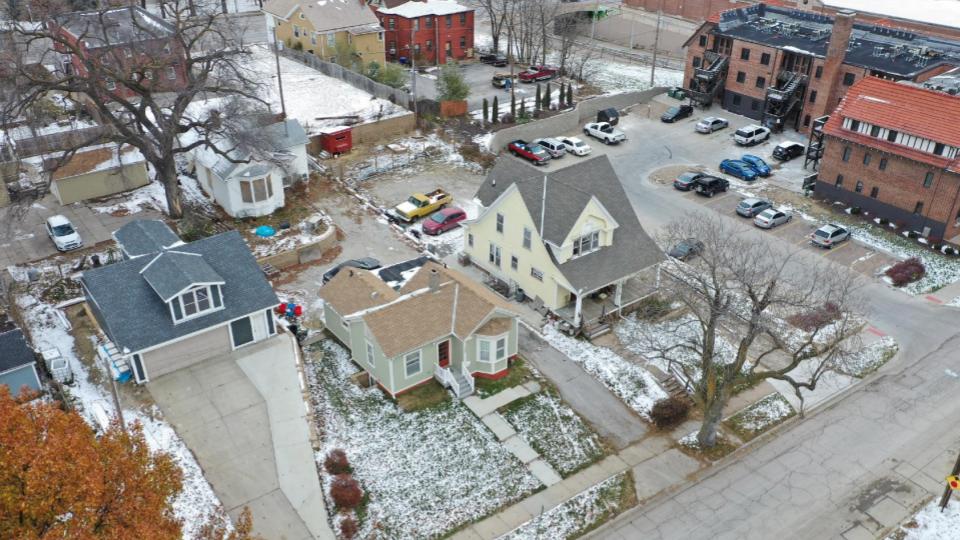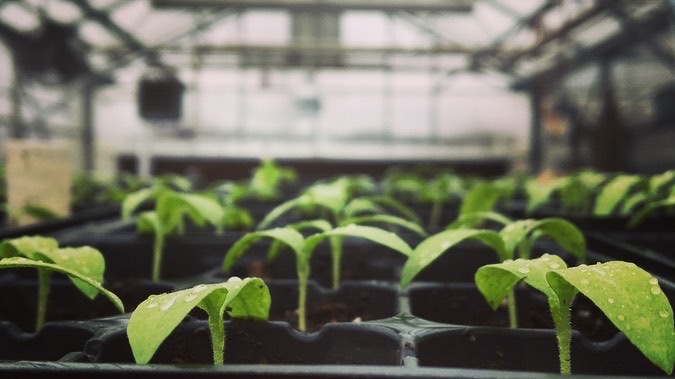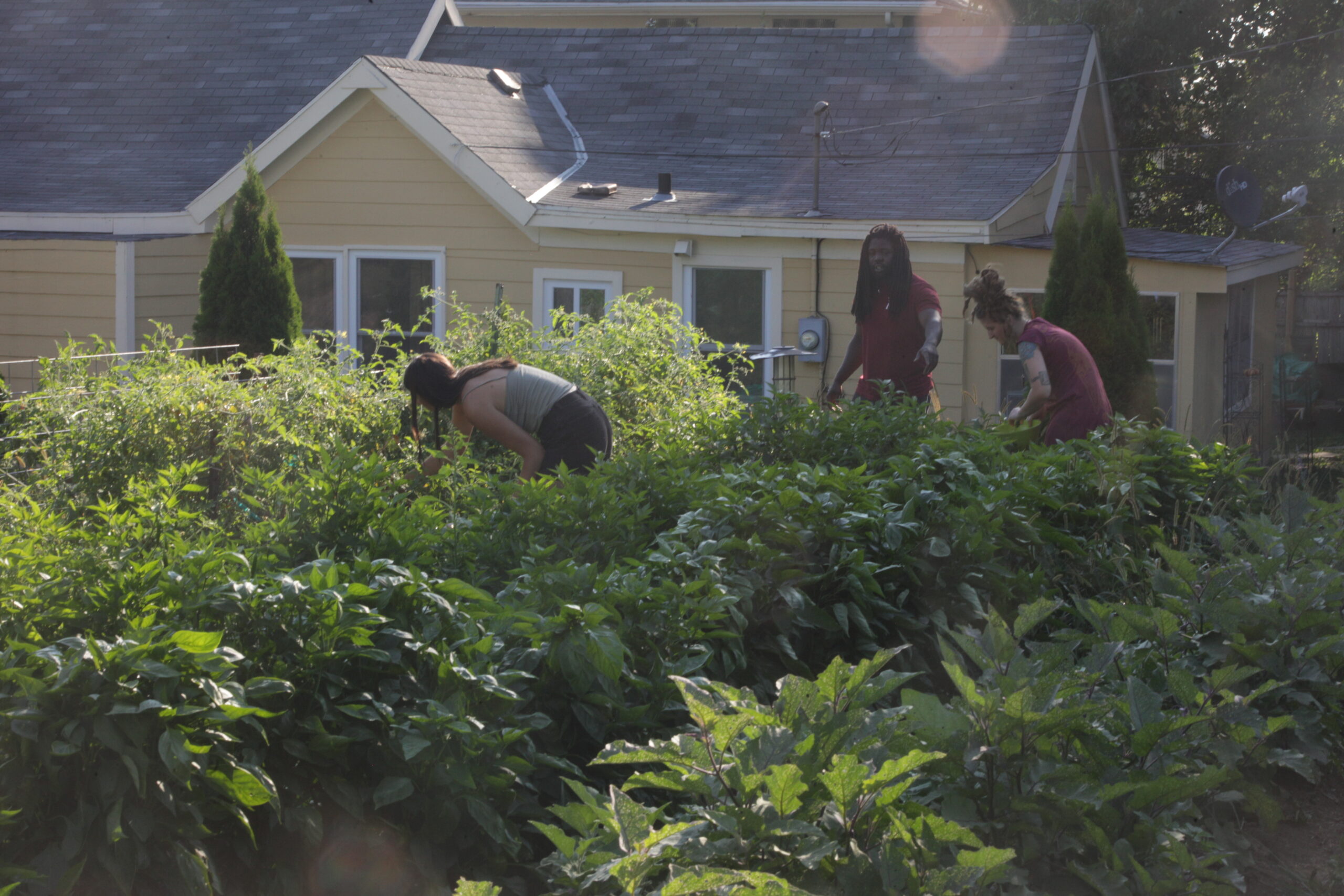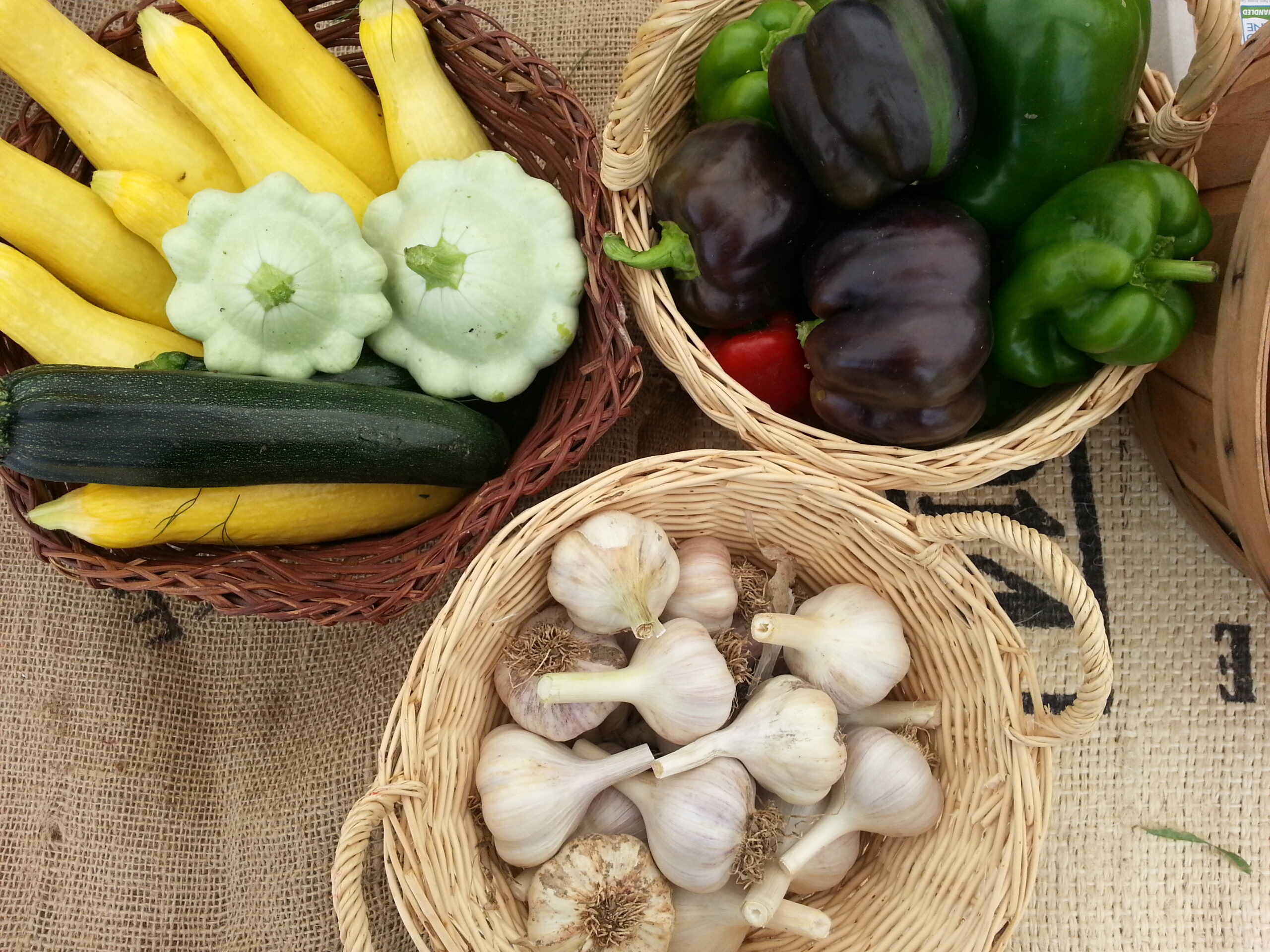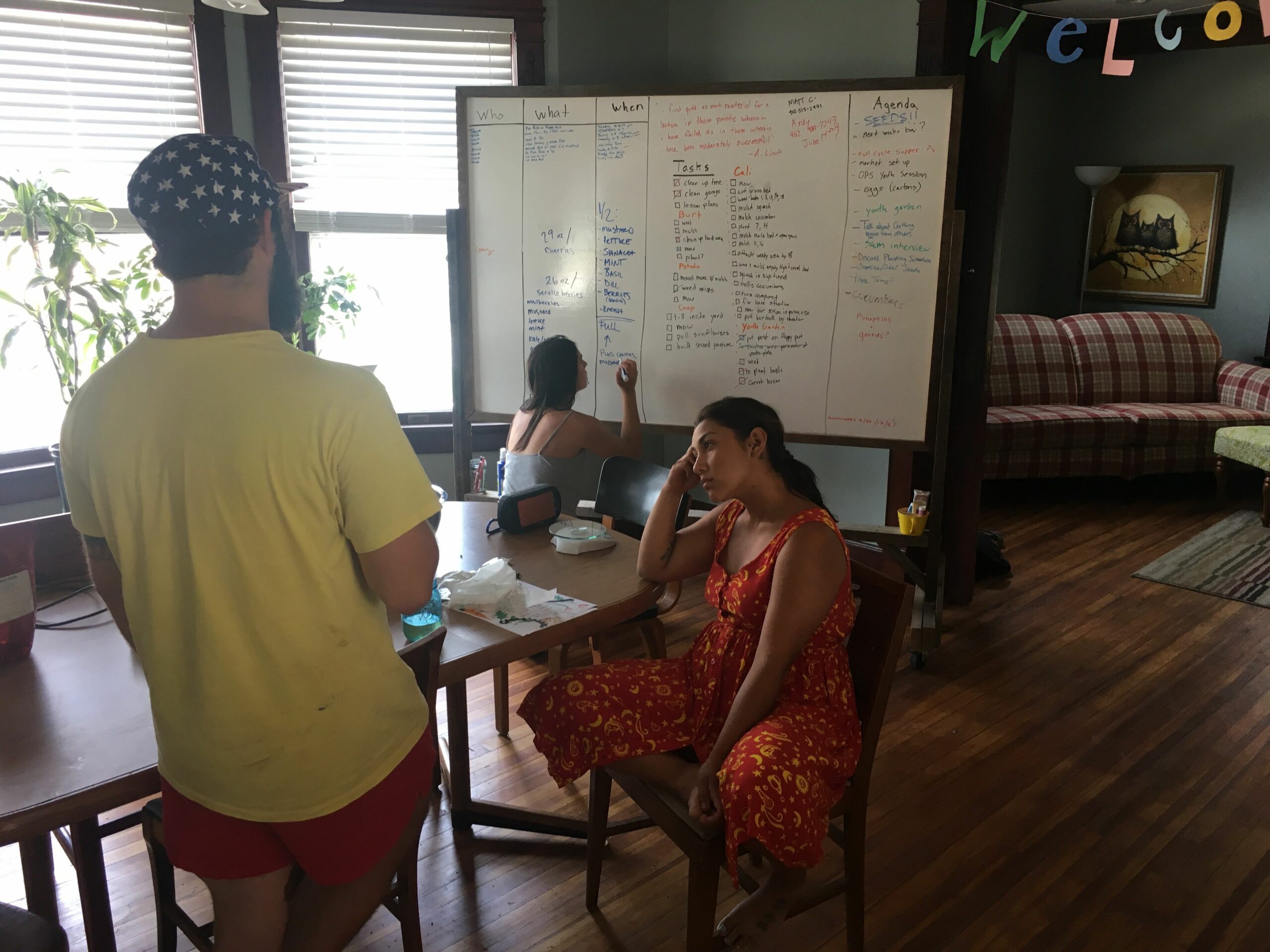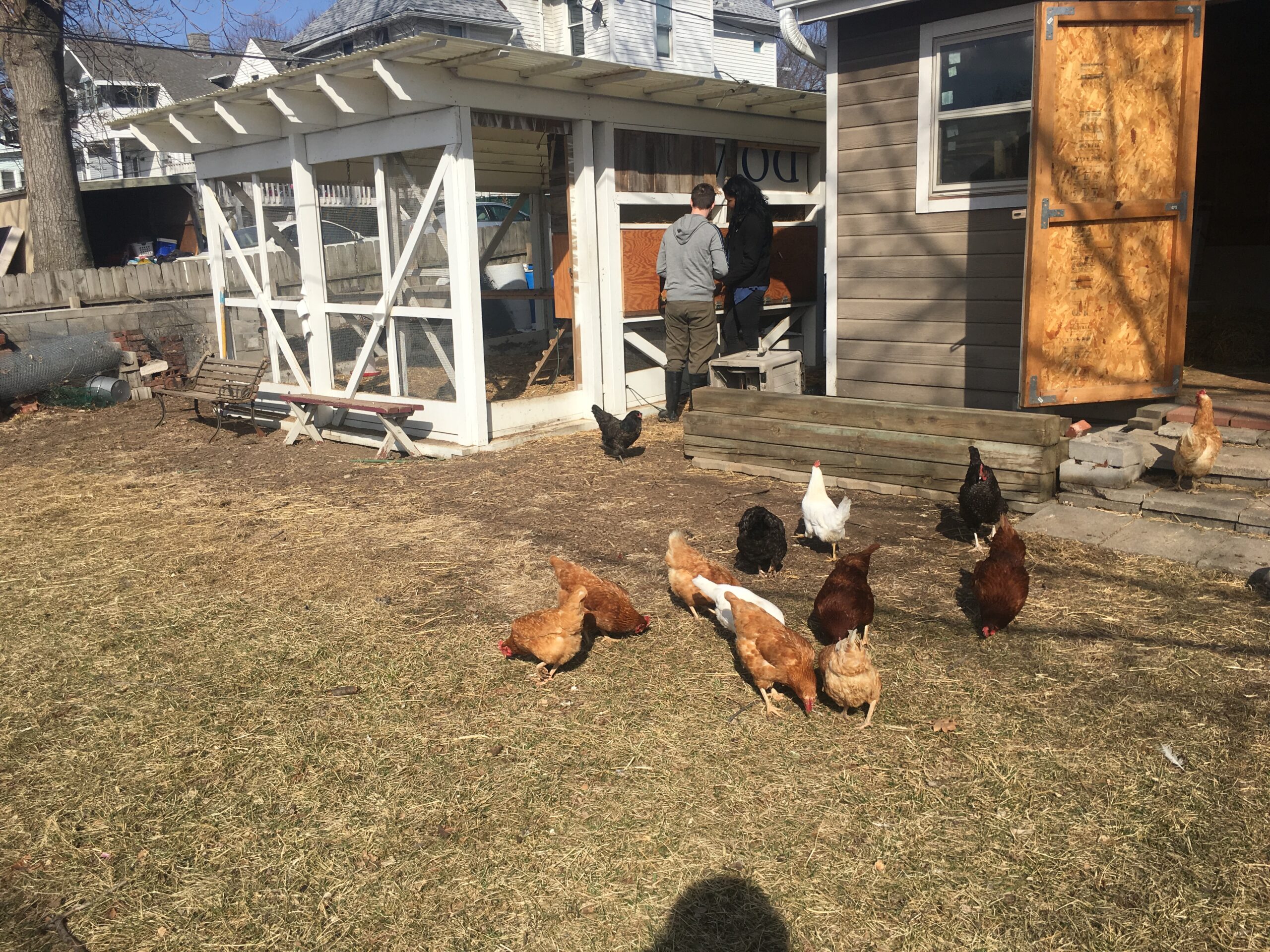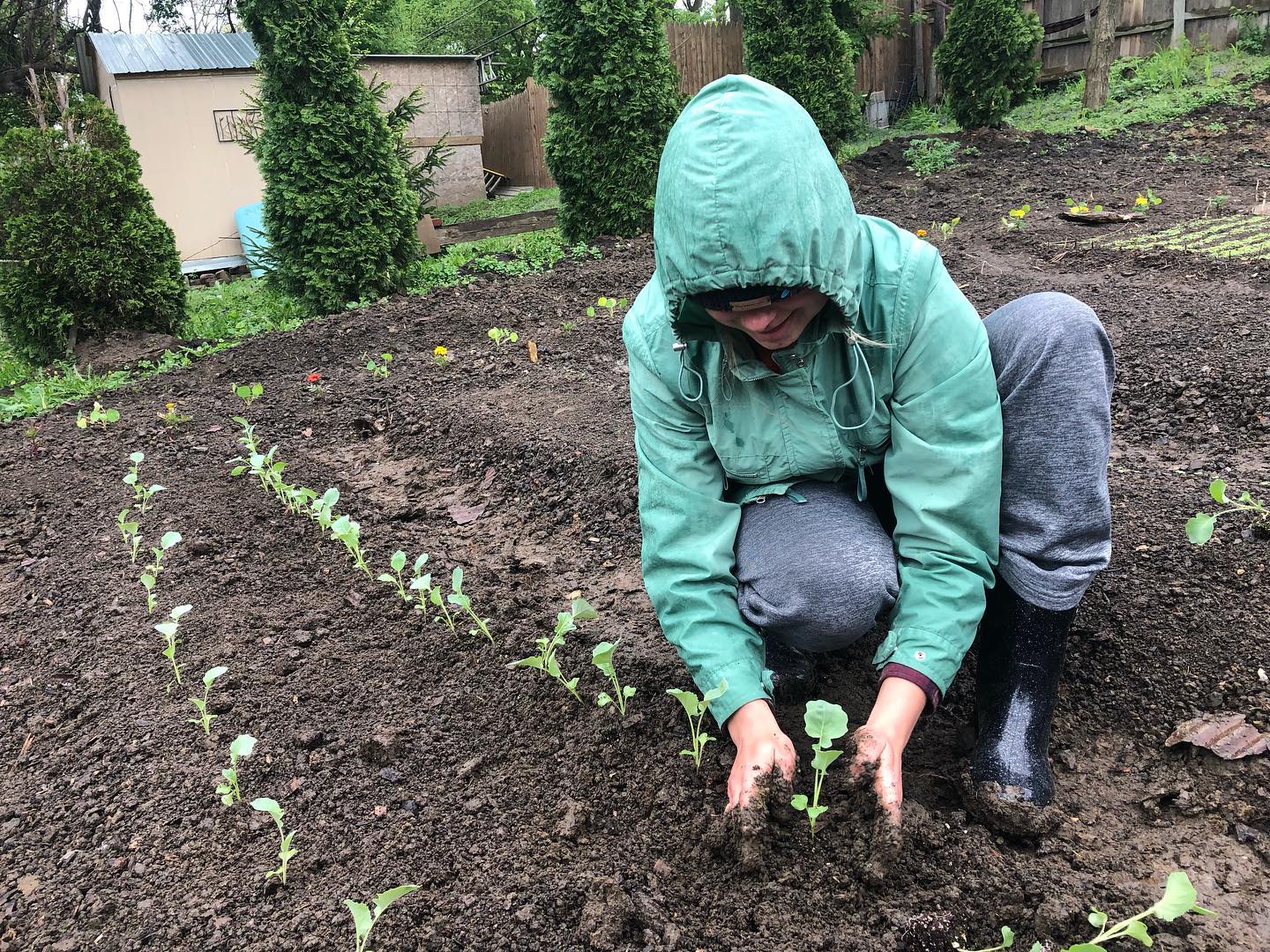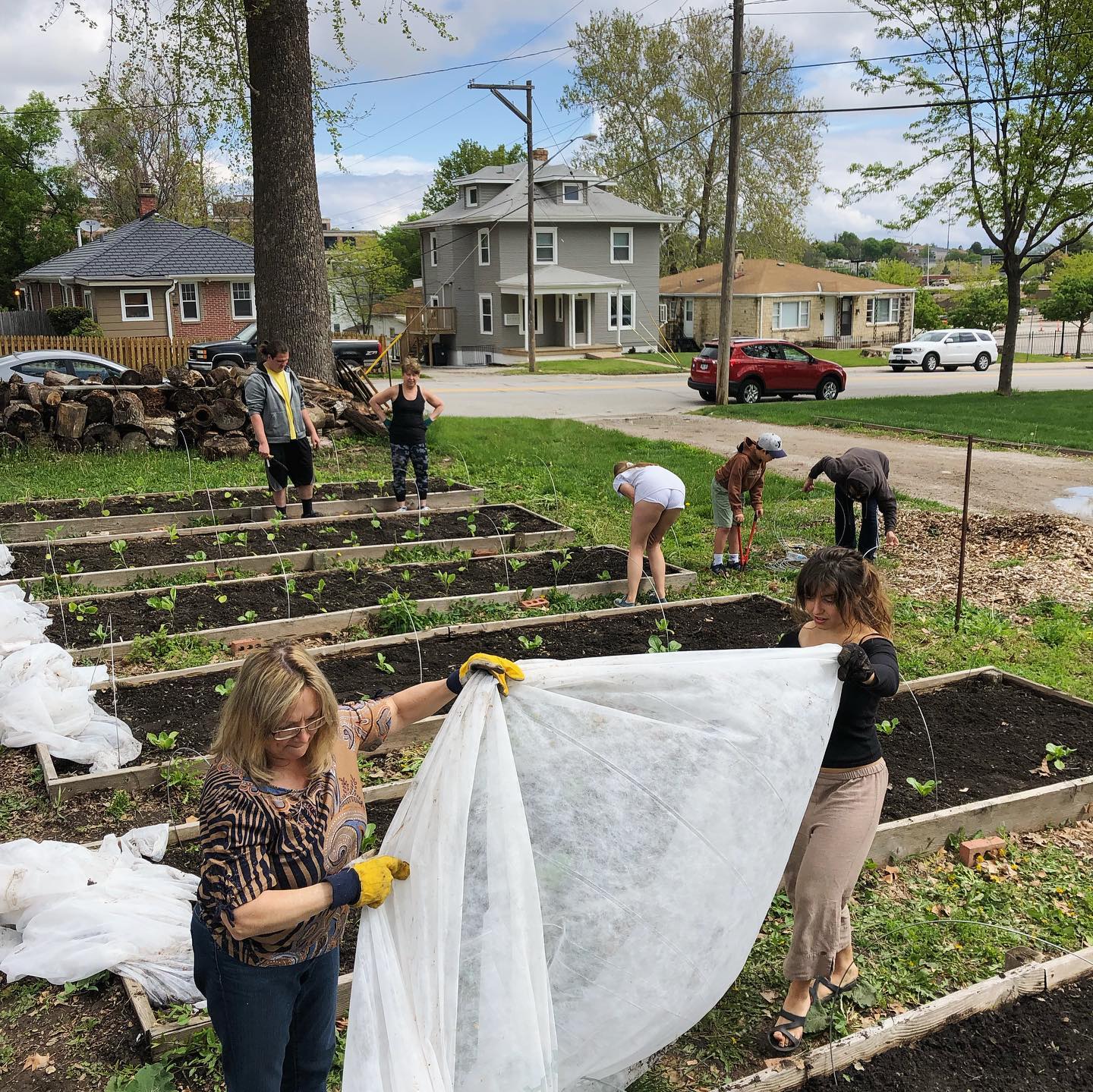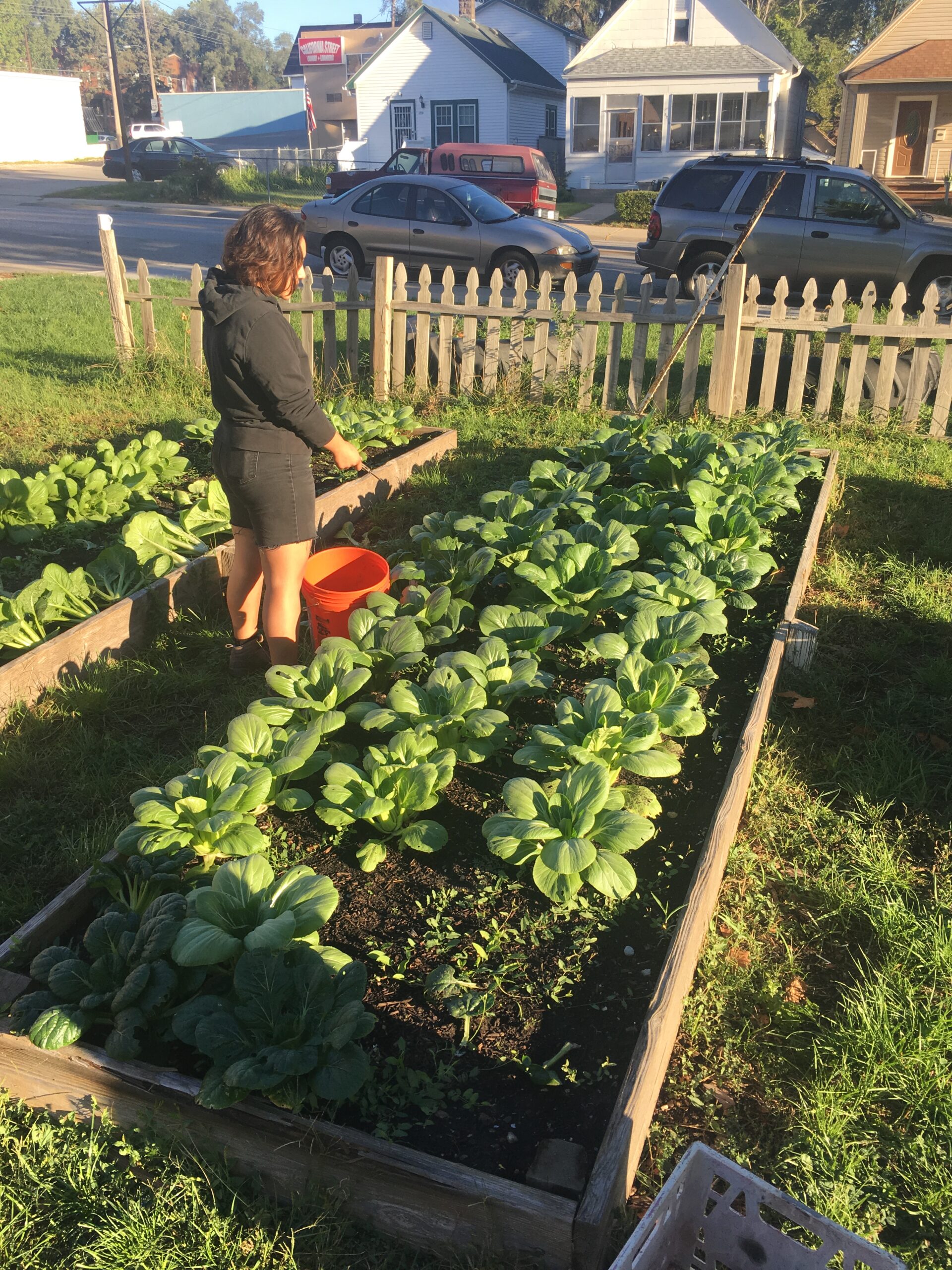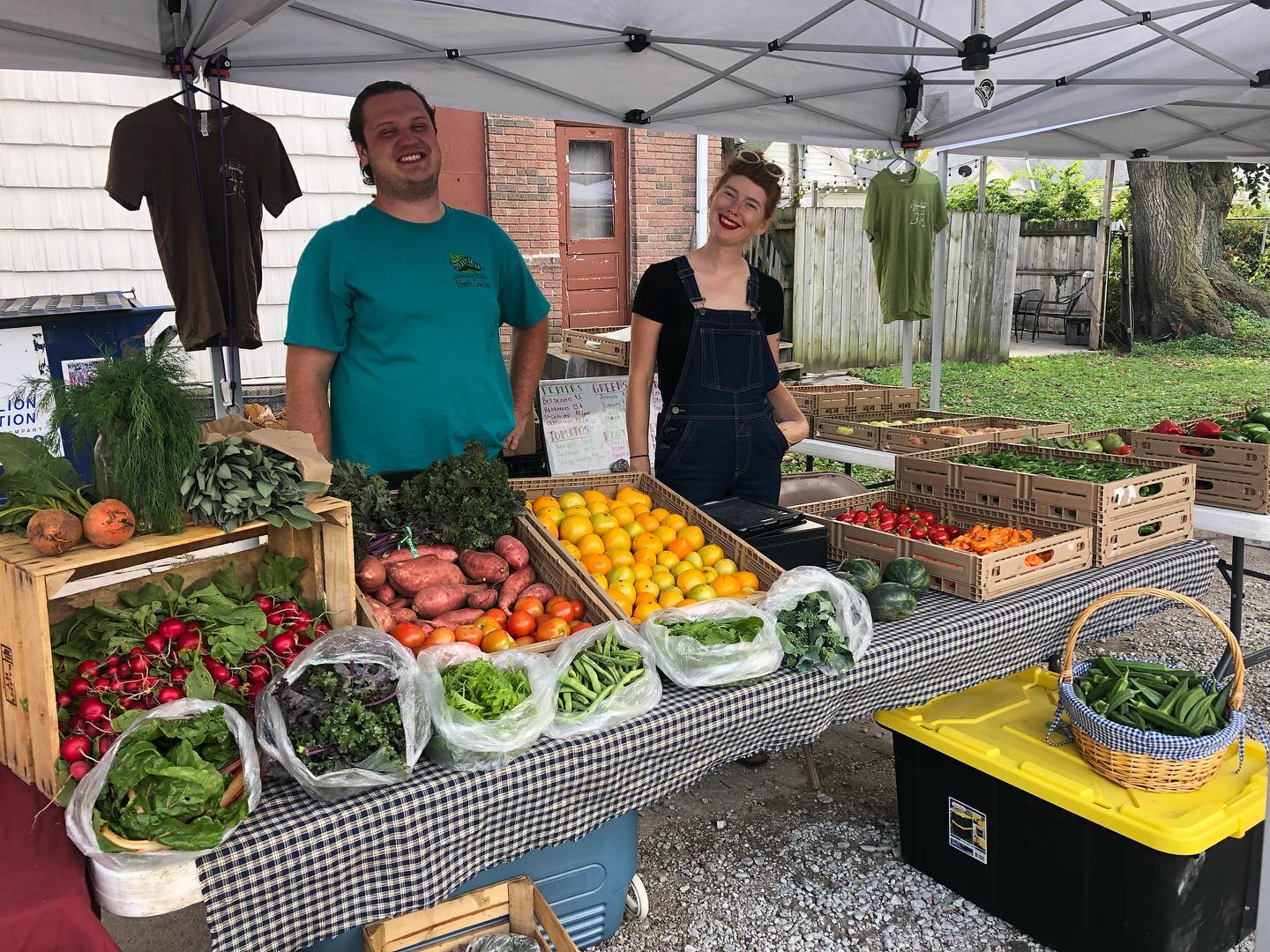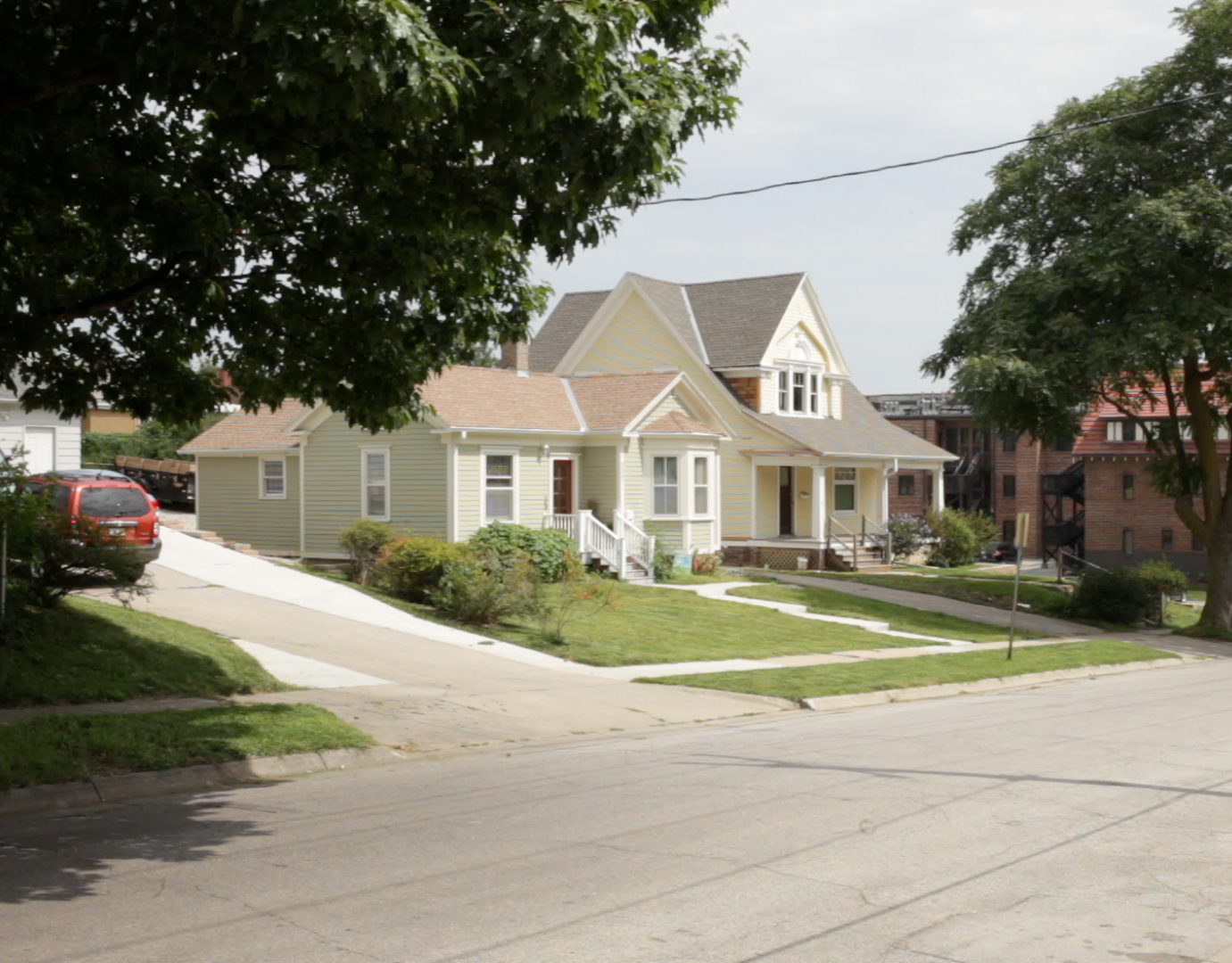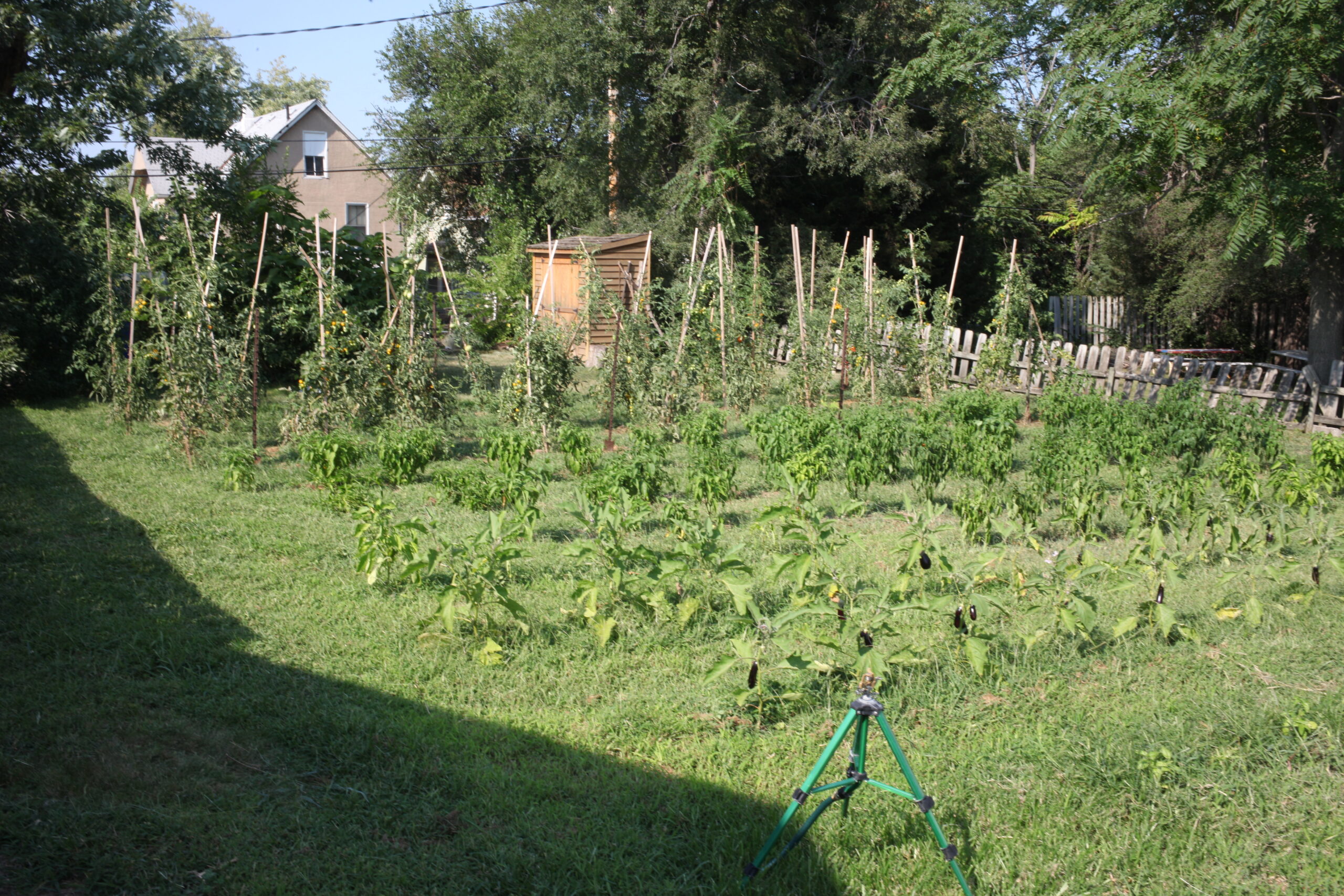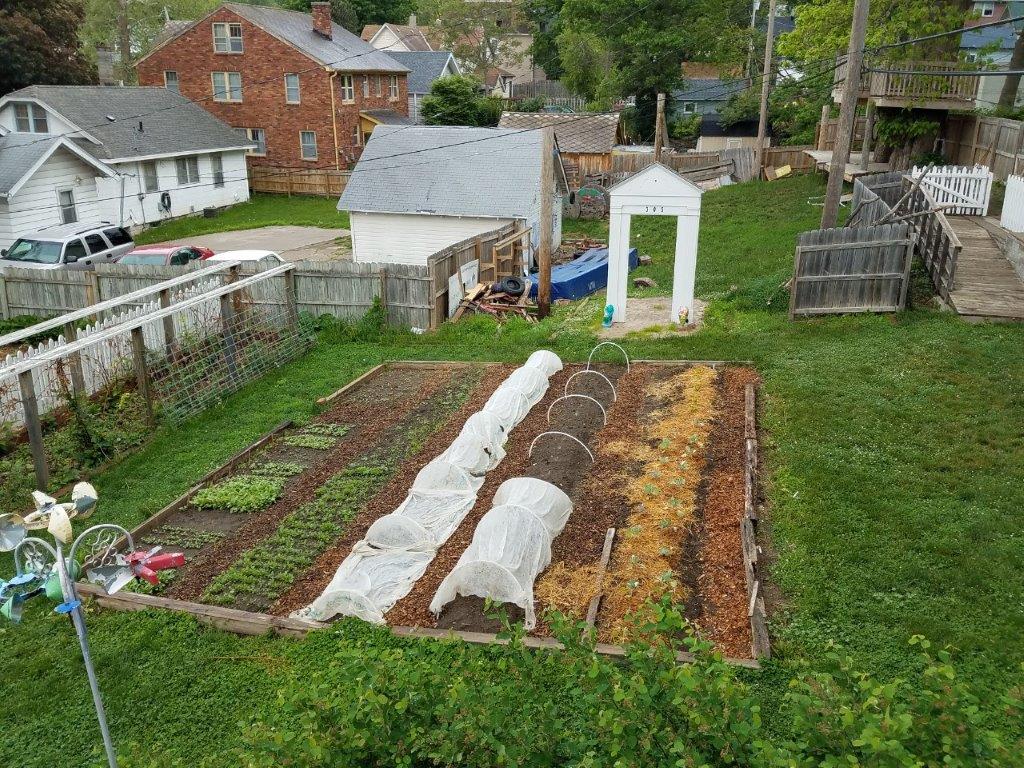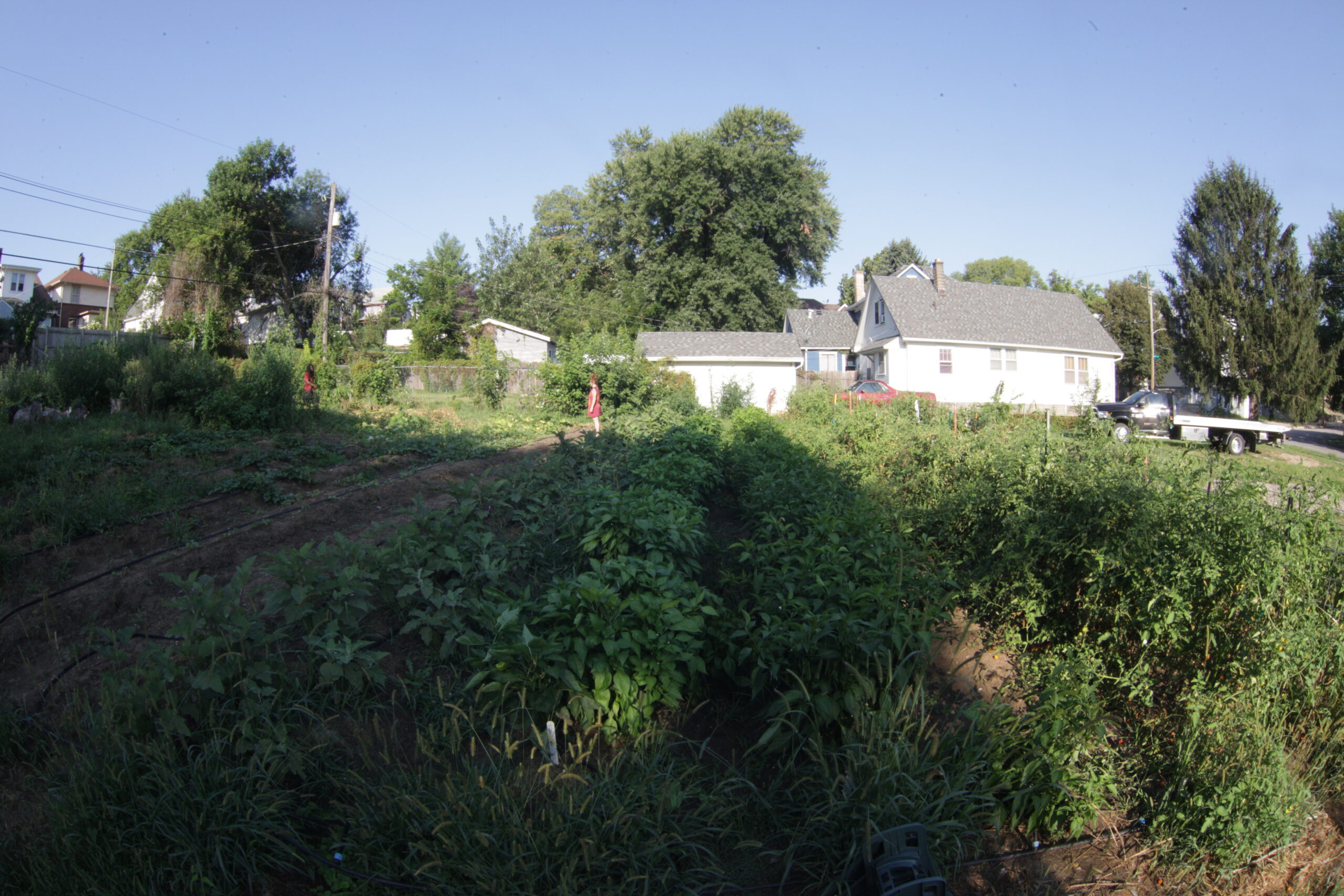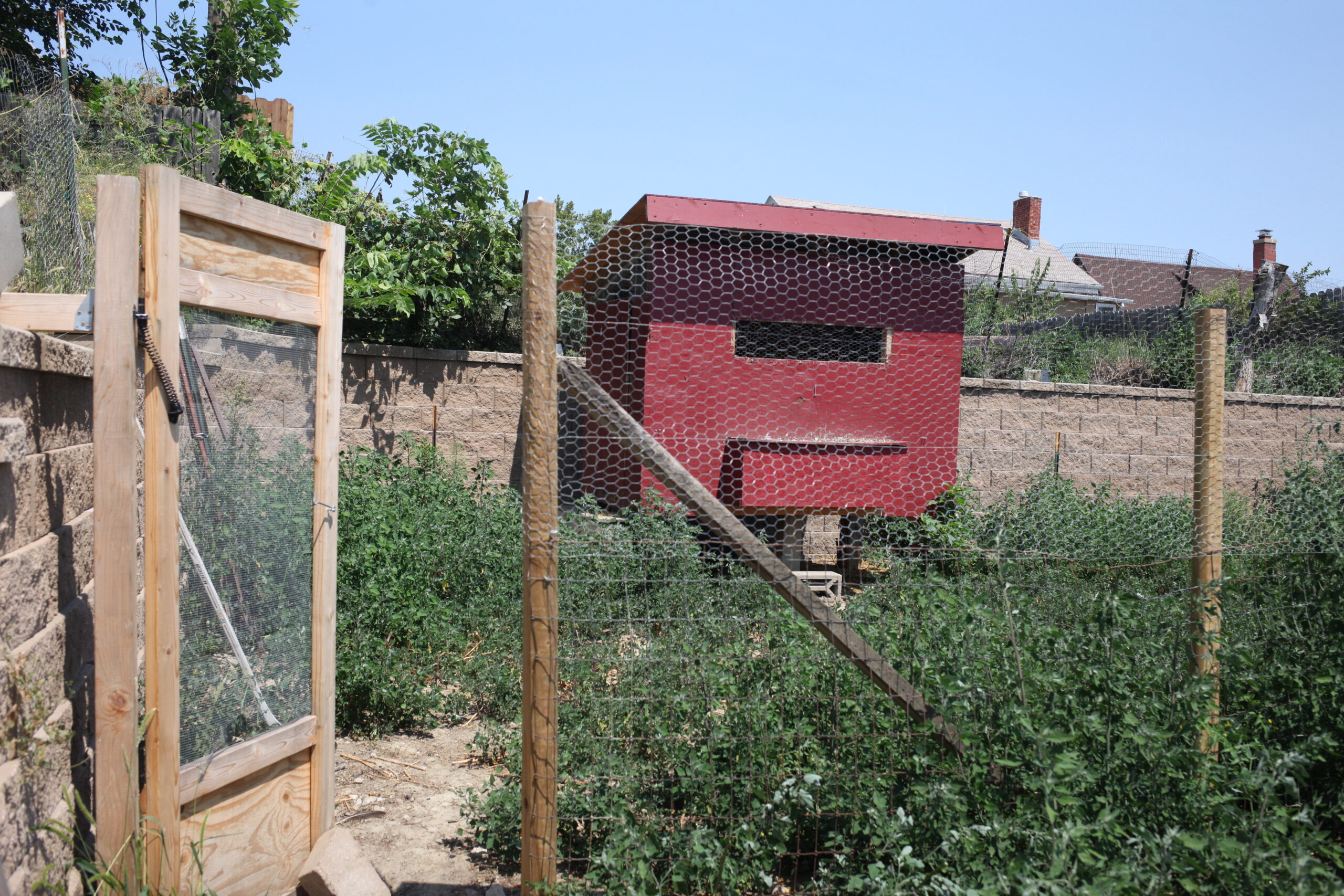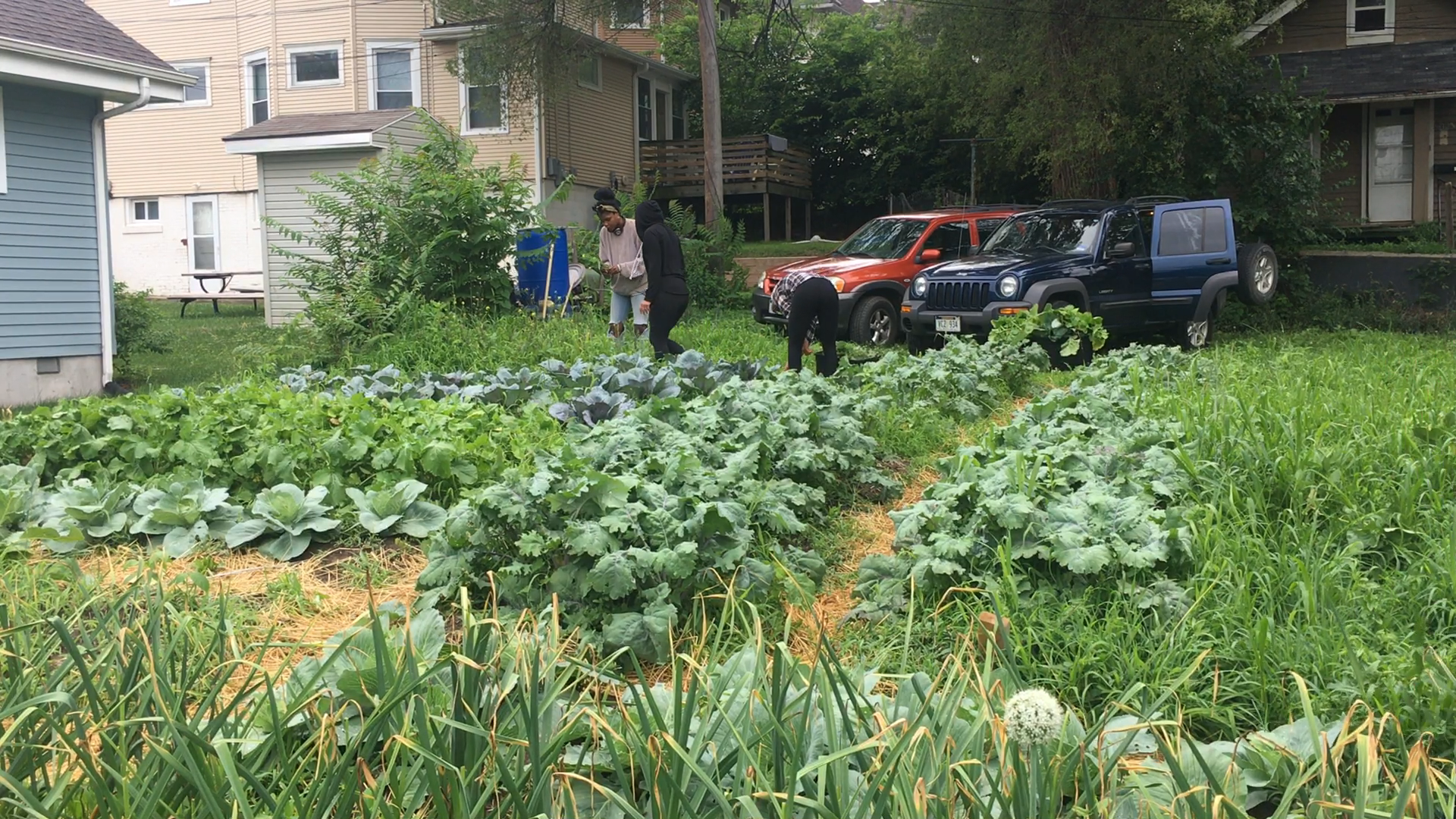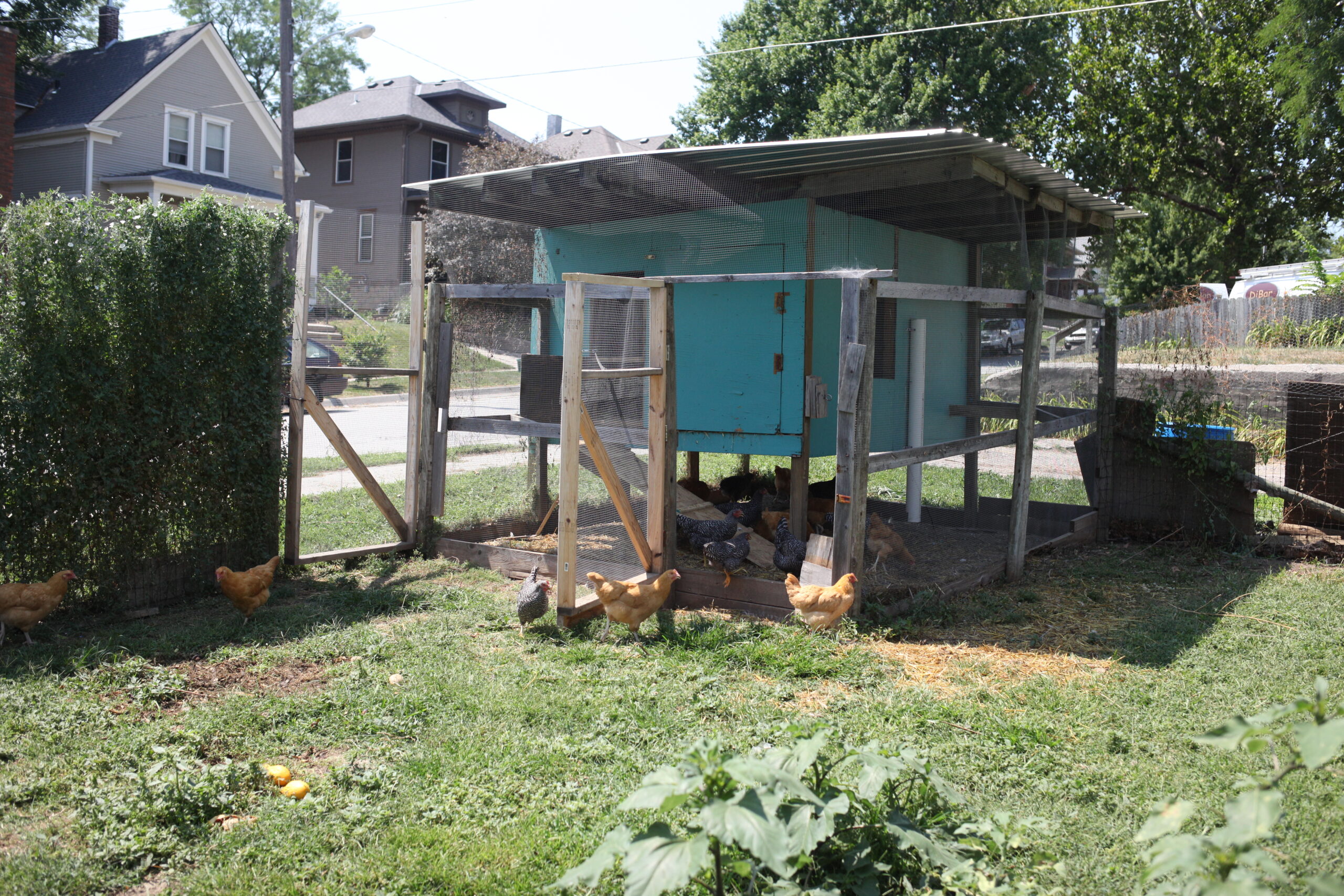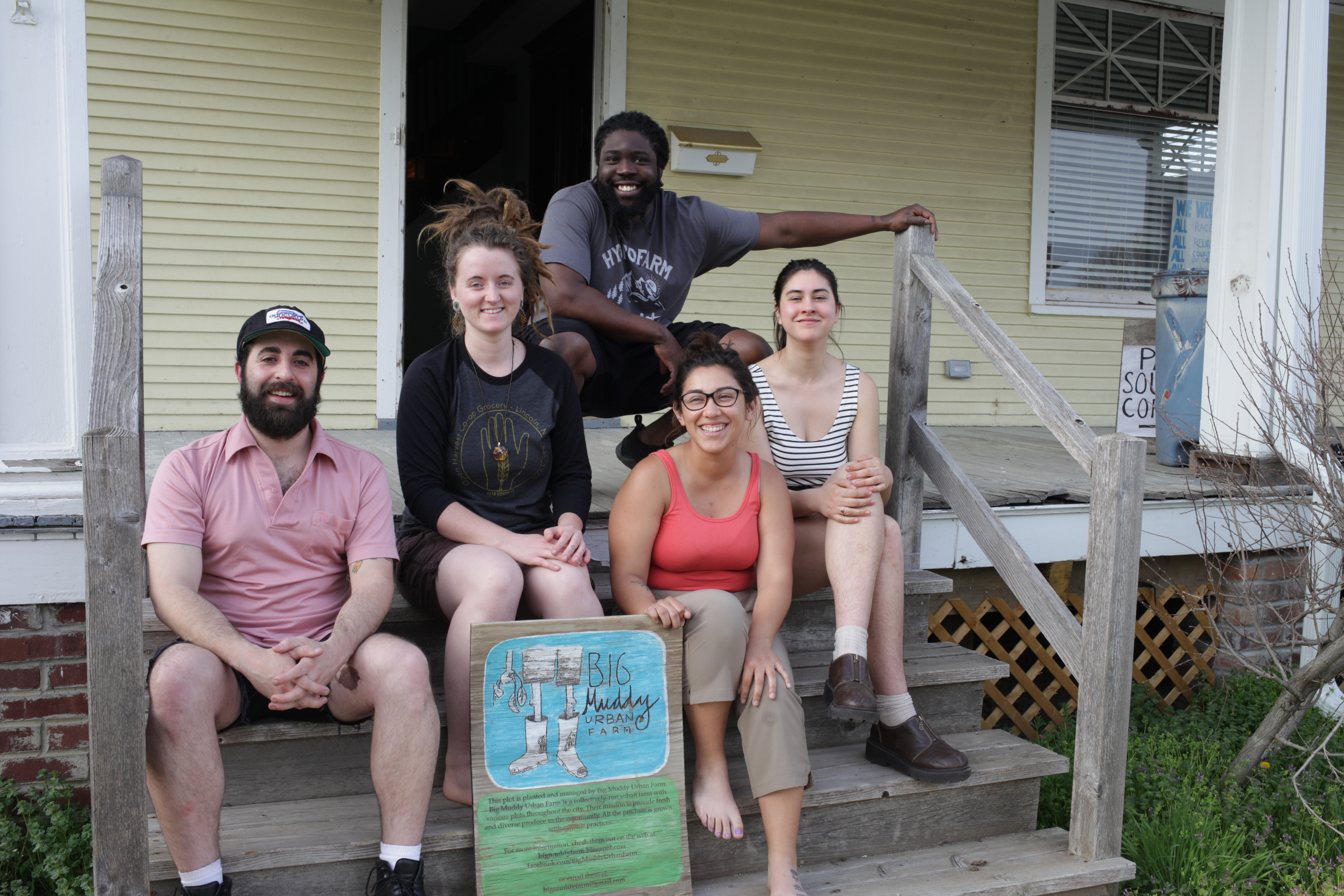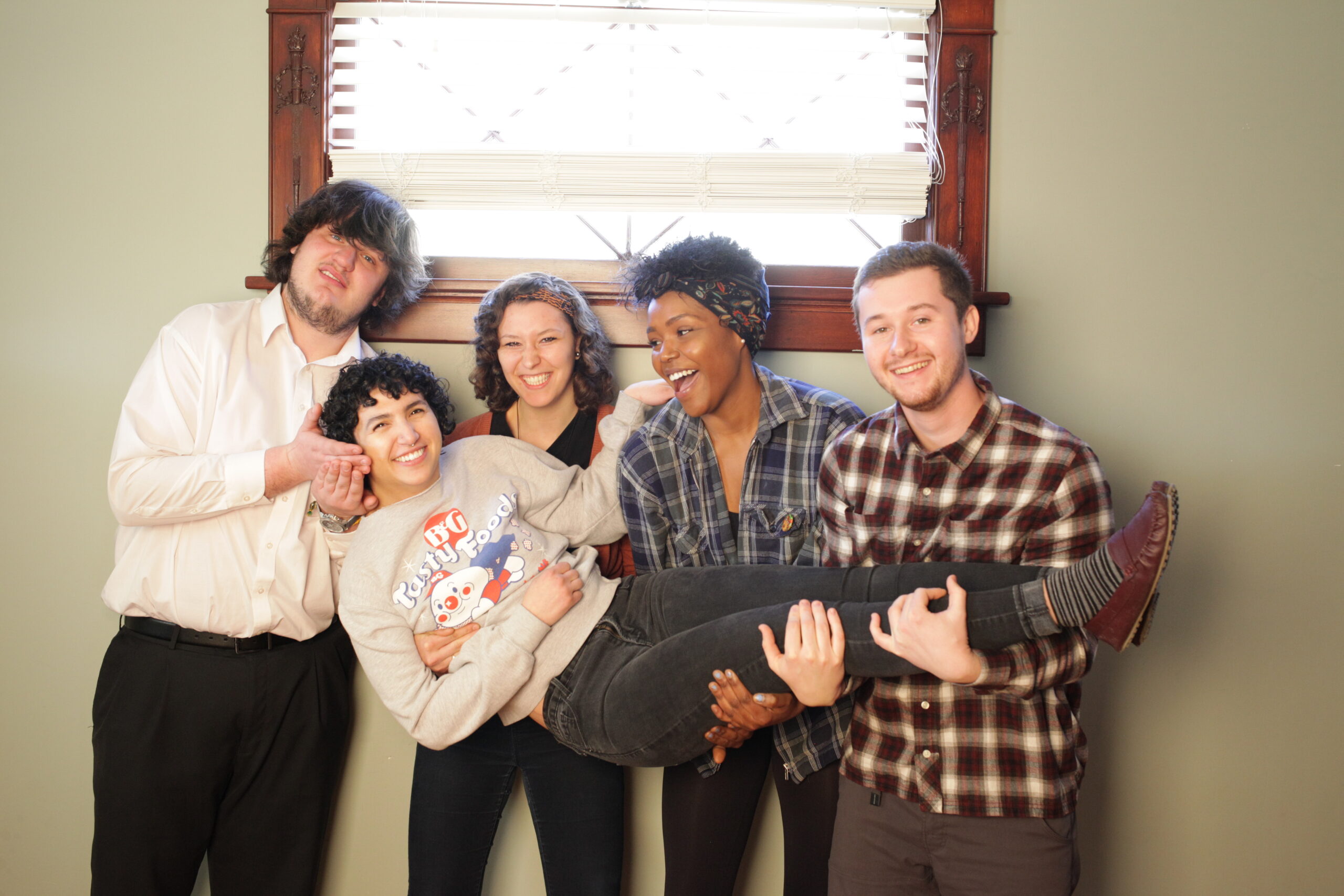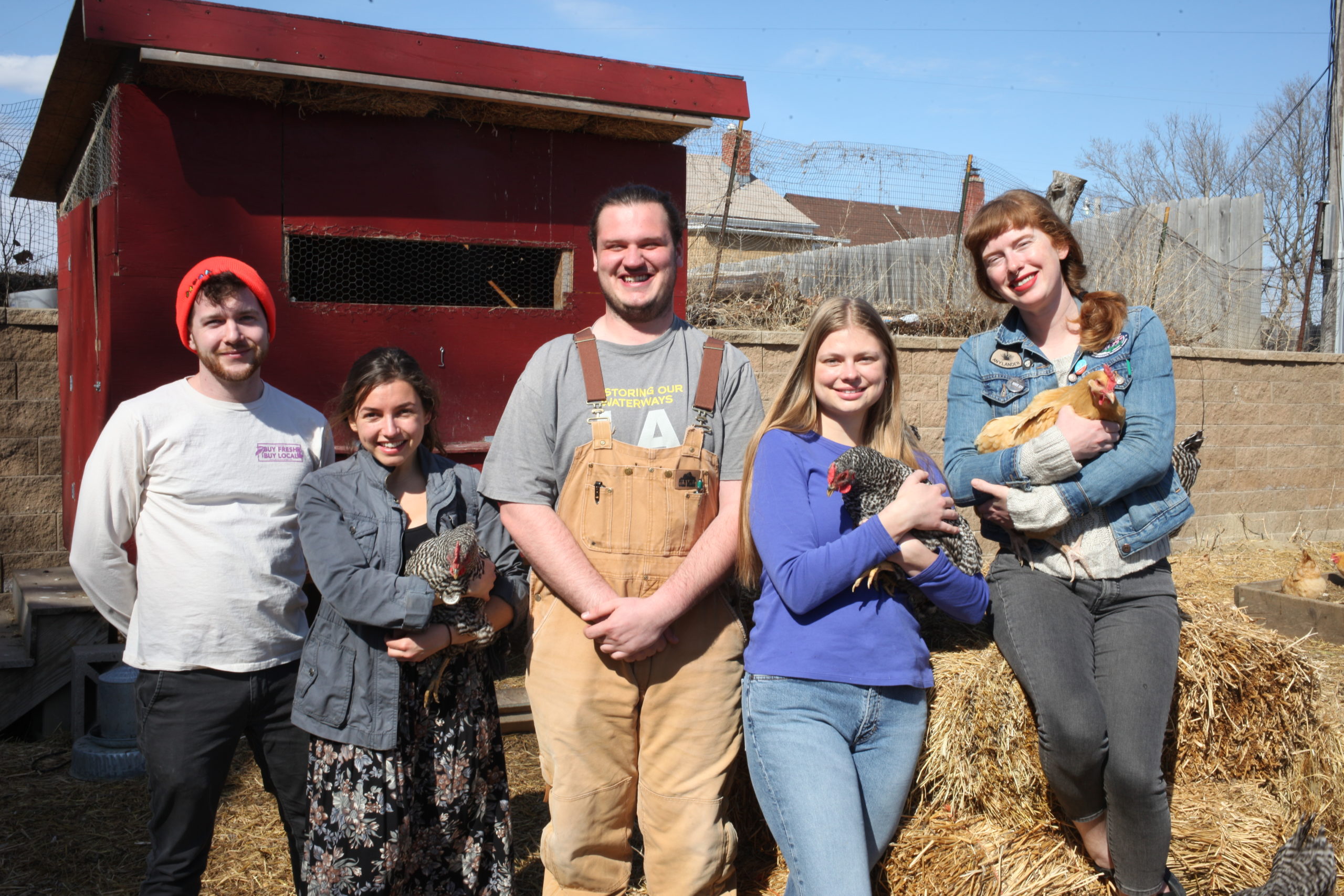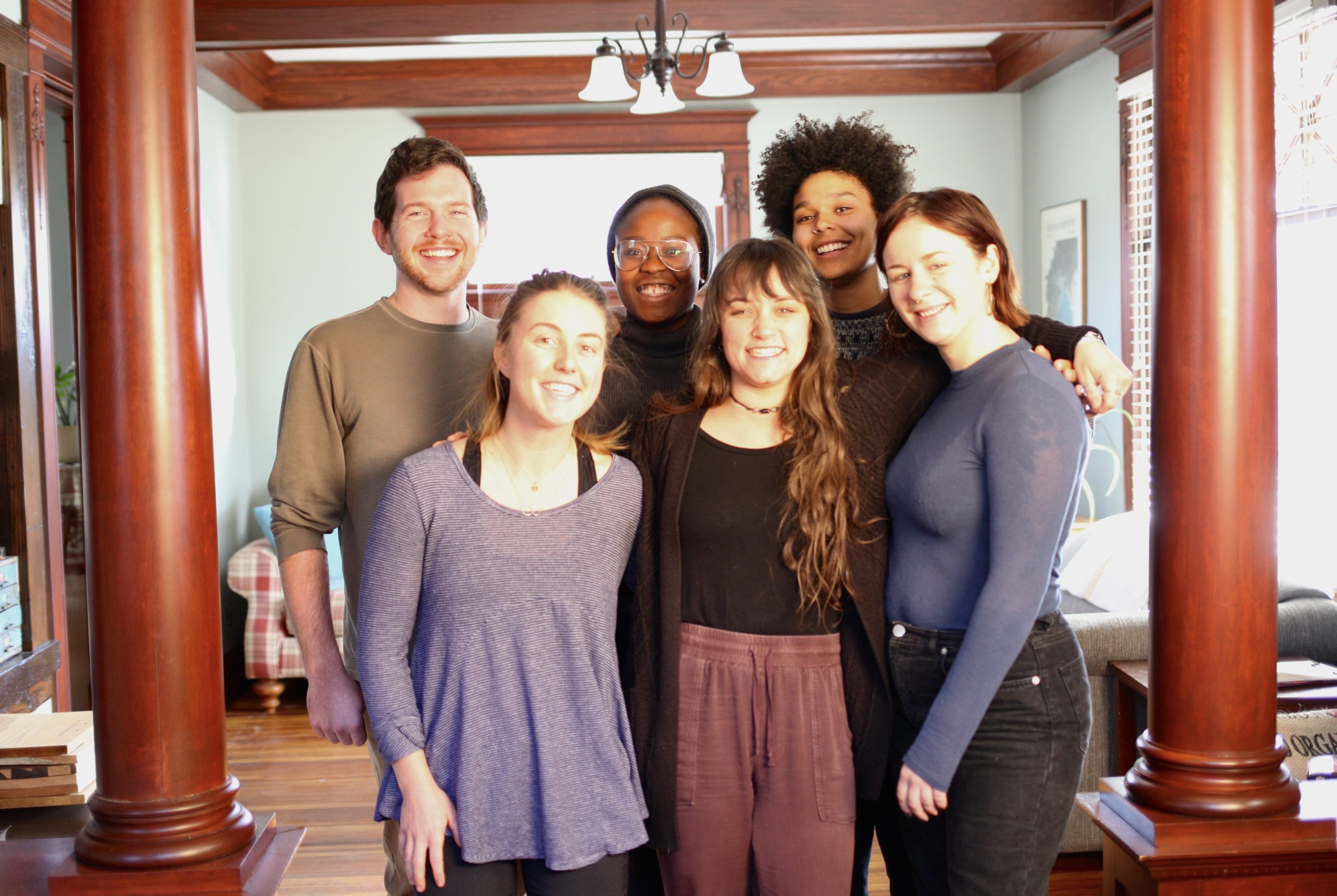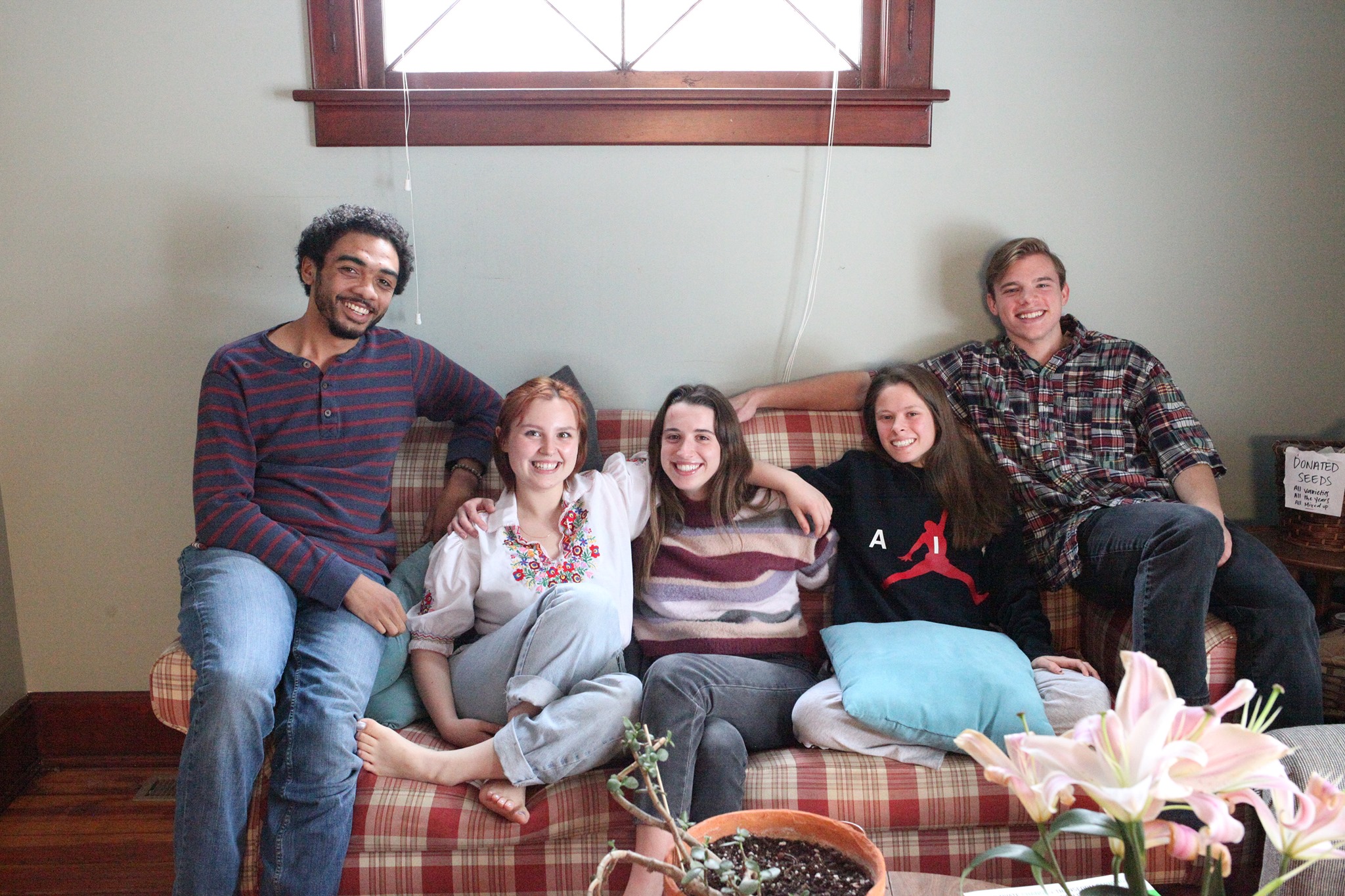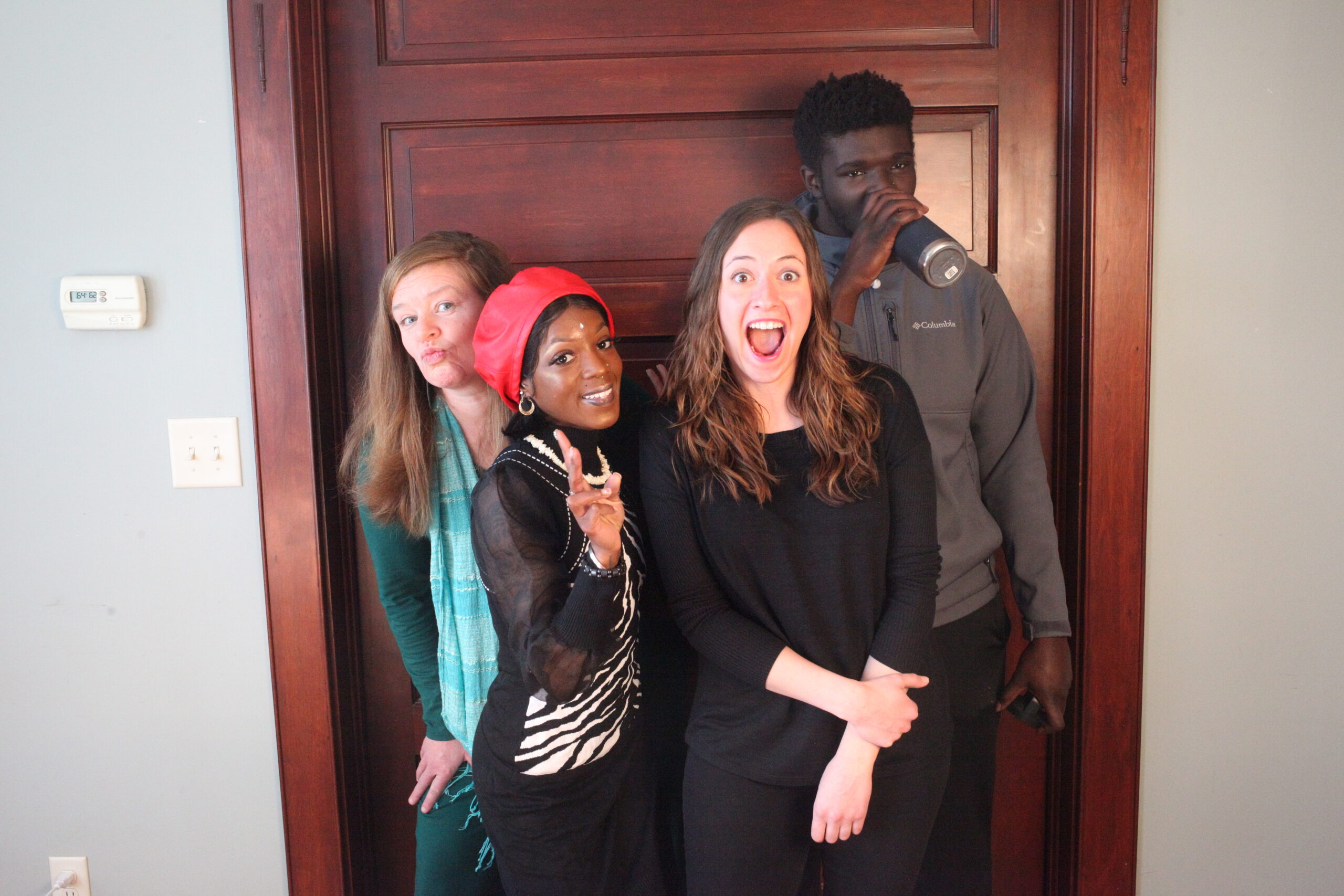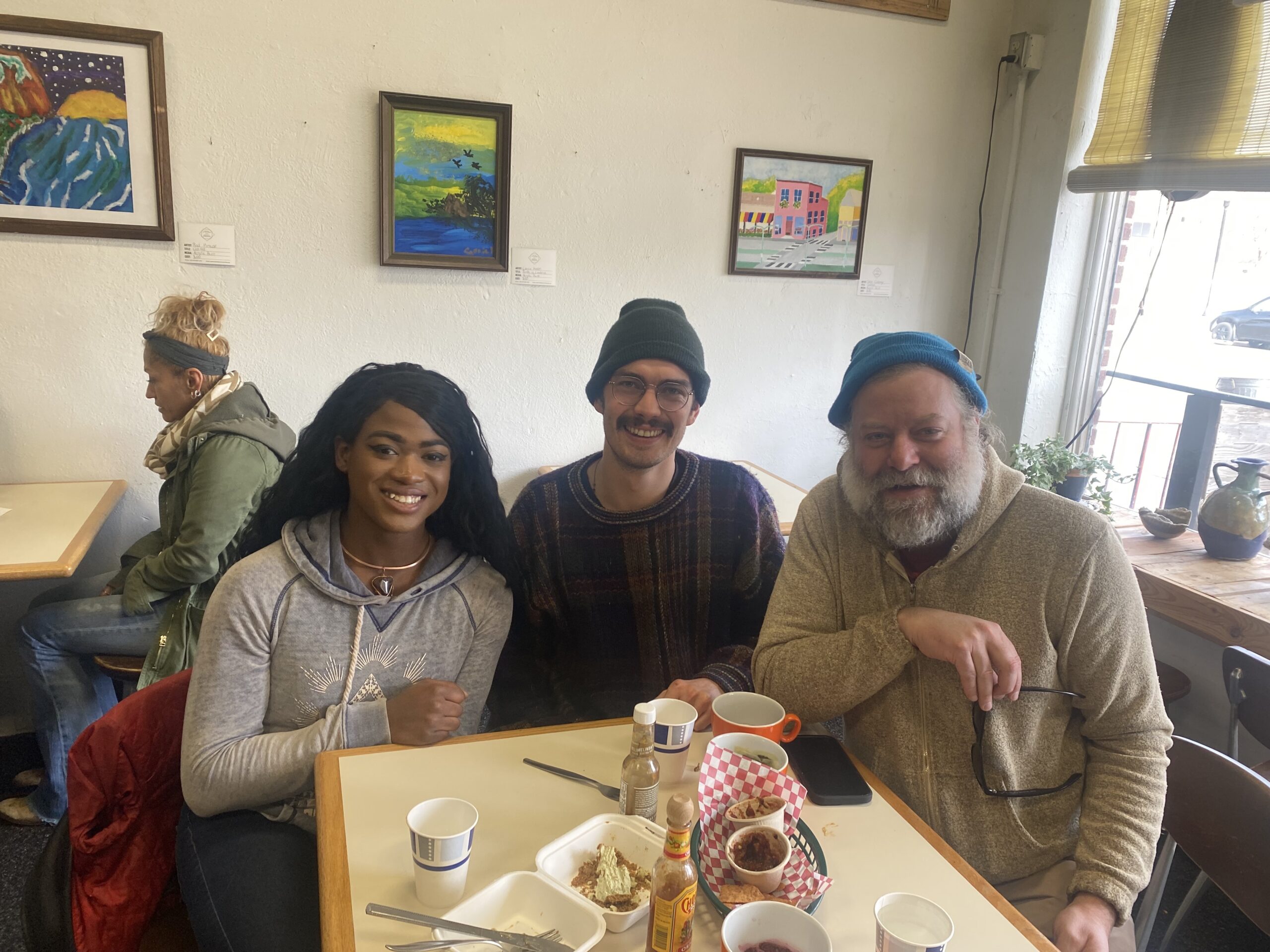Aspiring Farmer Residency (Paused for 2024)
Cultivating Food System Leaders with In-the-field Experience
Residency at a Glance
Every season, Big Muddy Urban Farm invites aspiring farmers, urban gardeners, environmental educators, and students with an interest in applying their learning about sustainable agriculture and food systems to their selected fields to apply for the Aspiring Farmer Residency. The aims of the program are for Residents to gain greater familiarity with farming techniques, business models, and seasonality; to develop their language of food; and to gain awareness for informed future decision making in the food system and/or leadership in their community. We pursue these aims through a 9-month, live-in urban agriculture training residency.
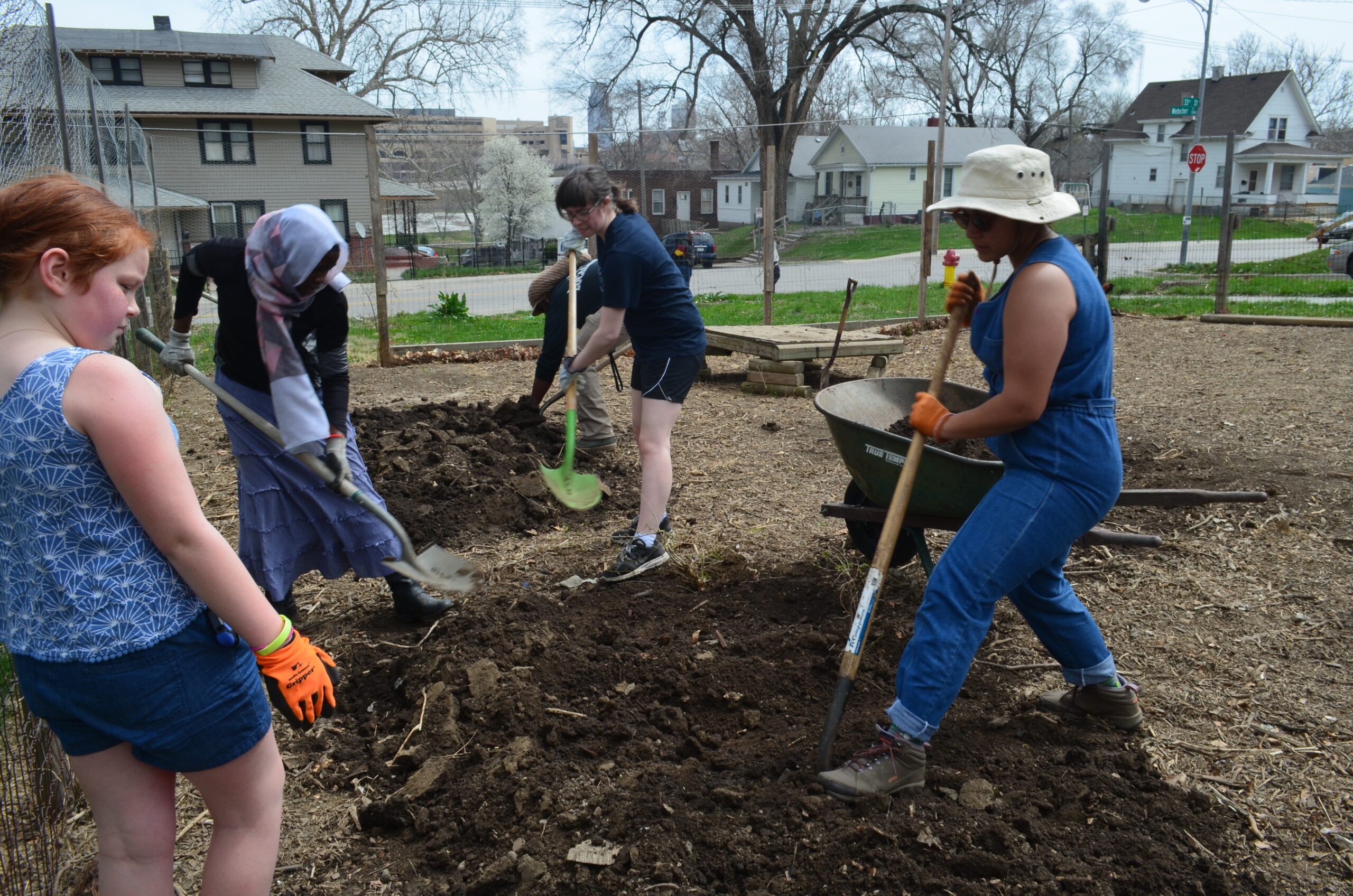
CONSIDERATIONS
Calendar
Spring Training. From the start of the Residency in February going into mid-May there is a spring training phase. Activities during this time frame include going to the Nebraska Sustainable Agriculture Conference, team building, beginning of crew lunch, seminars from guest instructors on method, technique, and terminology, as well as venturing out for a field trip or two. It also involves the planning and preparation for growing and building of marketing materials. Farm tasks progressively pick up from starting seeds, watering in the greenhouse to soil preparation and transplanting with chicken care throughout. We begin to support organizing efforts of community events such as the Annual Seed Share and Earth Day Omaha. Residents begin to develop their independent conservation project ideas and meet with mentors as part of the Conservation Fellowship program.
Farm Season. By June, the 18-week season begins! Harvesting and going to market are folded into the mix as well as tending the growth of crops and chicken care. Community events such as Youth Garden, 33rd Block Party, North Omaha Summer Arts Festival and more are on the calendar. Residents are implementing their independent projects and meeting with mentors. Community groups come by for an occasional hands-on farm tour and we visit nearby farms for field trips and networking events. The team comes together on publishing a weekly newsletter. We checkin, learn, and enjoy the trails and tribulations throughout the season. The season closes with the last market at the end of September.
Celebration and Reflection. We begin to wrap-up activities and work on our next steps. All major supplies are brought back to campus from the fields, we plant garlic for the following residency group to harvest, and we put beds to rest. We celebrate the culmination of weeks of farm experience and hard work with an event at the Residency campus. After the celebration we go on a retreat to decompress the season and share out feedback. Residents move at the end of October.
THE FARM AND LEARNING EXPERIENCE
LIVING IN COMMUNITY
- The Residency Houses
Residents live in two neighboring community residences near the farm plots in the Gifford Park Neighborhood in Omaha, NE. Each Resident has a private bedroom and participates in the upkeep of communal spaces. Living communally is a rich opportunity to develop communication skills, appreciate differences, and learn from each others shared experience. Big Muddy Urban Farm staff supports this process through community-building exercises, meetings, and other practices. Mutual trust, honest communication, and respecting spaces are cornerstones of the community.
